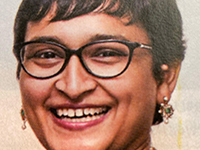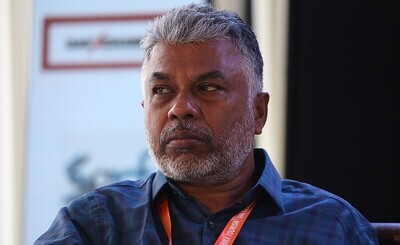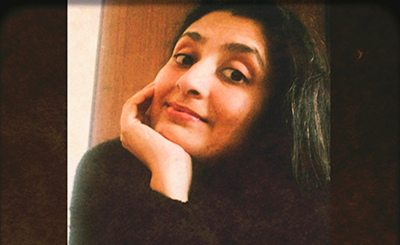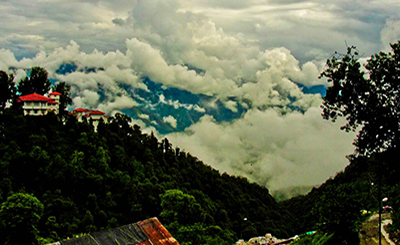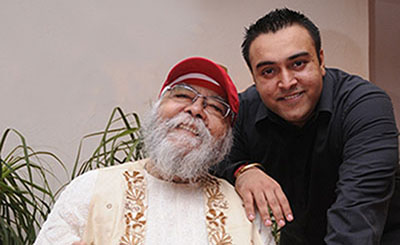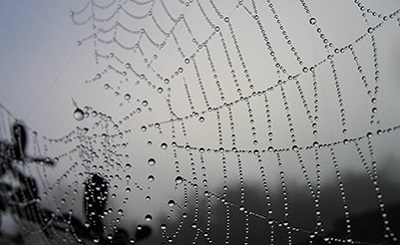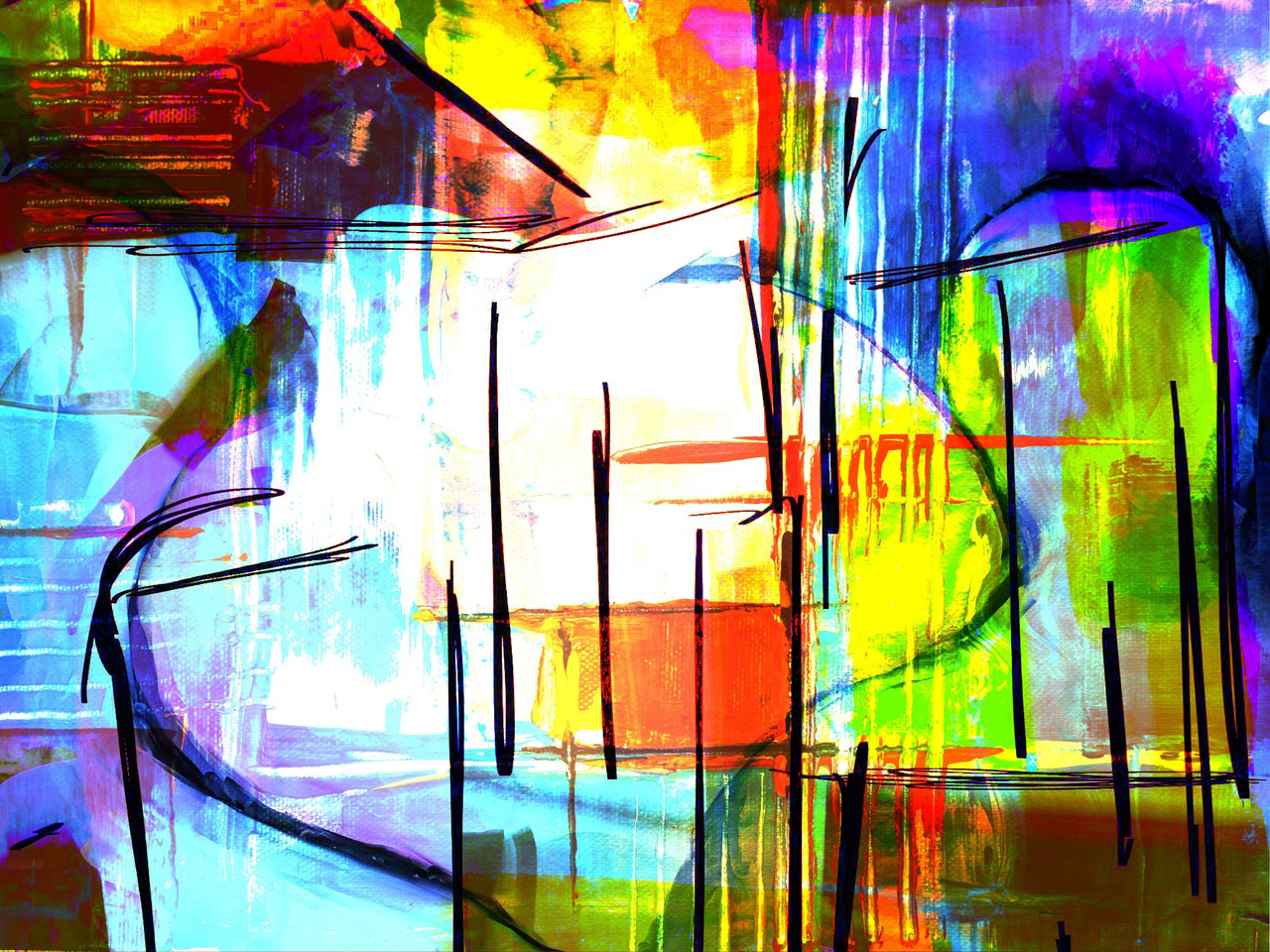
An attempt towards devolved Aristotelian poetics
Abstract Oralism is a result of seven years of research both oral and epistemological. There is a blurred line between poetry, prose, journalism, myth and public opinions resulting in enjambed and non-metrical lines to arouse a sense of thirst signifying the land it represents. The lyrical element is the protagonist
Abstract Oralism
Rickshaw driver thanked
in mother tongue, “Achija”.
Public domain shifted.
Pocketing oral chronicles
antique got encaustic
talks turned to fables
words from atypical faces
formed sentences
with aloof attention,
witness consciousness,
expanding awareness,
towards a
shared illuminism
heard what lip-sync
left behind.
Dotting a Dhadki
of abstraction from memory
signs got symbolic,
truths — a belief,
for I listened and
entreated names, at the end.
Chhakdo Tours and Travels
1.
Loudly announces its arrival
and reaches much later.
The view does not become pointillist
but rather a surreal imagery and
larger than life realism painting.
Thoughts don’t go zipping past,
allow you to stay,
Ponder.
Speed that does not thrill
but eases, loosens
and lets you be.
Slowly ticking
drift down Daliesque,
jolting at bumps
only to momentarily
rise in a Romanesque twist,
mirroring the clock tower at
Prag (UE) Mahal.
Till you arrive at an
indiscreet landmark
only to be ushered in by a fatfatiyo
while you are left
as a trailing paleontologist.
2.
“…body-style
minus
aerodynamics
lends itself to be
steered into any
tapering alleyway”,
says a bystander.
Rock-solid
Characterized by
an undercurrent of bedrock,
oldest conglomerate of basalt,
a tray of reliquiae
for Ichnology
standing on pre-Cambrian rocks
full of faults
that know
what it is,
to rise.
Frequency
1314 KHz didn’t hammer it,
instead verbal interchange
between dramatists
planted
Water literacy
via loud music
because Rann didn’t echo,
only absorbed.
Rann of Kachchh
Bromide extraction pinkify,
camel hooves the distances
for an unbridled sunset.
Exhibits line military borders,
handiwork hung on clothesline,
Kachchhi-folk inclined
circle aligned.
Sealant Rannutsav
leaks in unseasonal rain
and wet housecoats reclaim their place.
Sprezzatura
I roamed around to find it
but all was carefully crafted.
Each sequence painstakingly placed
lauding legacy and tradition,
in a small heap of salt soddened
and taking on colour.
READ.
(i.b. ‘Woman Holding Plait’ and ‘Paying the Bill’ by Sudhir Patwardhan)
Tan is a season, body or colour?
swaggered with a scuff
in careworn and half-worn chappals.
Cracked feet and cracked earth
fit in unhurt.
Slipping the cloth handle around her wrist
clutching mouth of bag in her forefingers.
Grip.
Muddled vision:
bus on unmetalled road,
and arriving.
Fist tightens,
scrunching of eyes and uncrunching of knees.
Hoping languages/scripts/graphemes
were pictorial hieroglyphs.
Oil-anointed, pirate fringed, embroidery collared,
outline-toothed, gravity-balancing Devji,
stepped inertially down.
yet keeping her head straight
softly enquired: where will it go?
Asquint to the aerial and anterior
strap-hanging bus, he replied:
Rapar.
It turned left instead of right.
Glossary:
The essay and the poems are part of our Poetry Special Issue (January 2022), curated by Shireen Quadri. © The Punch Magazine. No part of this essay or the poems exclusively featured here should be reproduced anywhere without the prior permission of The Punch Magazine.
More from The Byword
Comments
*Comments will be moderated
I am an Indian poet write under my pen name Matahari V. from the Indian subcontinent. My poem 'Grit and Grain' was accepted by BBC and broadcast and performed upon by Mallika Sarabhai and sung by TM Krishna on Women's International Day 2020.. I would like exposure in your magazine and my two poetry books published in England are Cultural Conundrums and Signature Cultures. May I write features for your magazines... I teach 'Poetry and Cultural Connotations' in writing it in Canada, U.S. and you can see my work and read it on kindle.
Mala Thapar aka Mata
Jan 31, 2022 at 01:56



